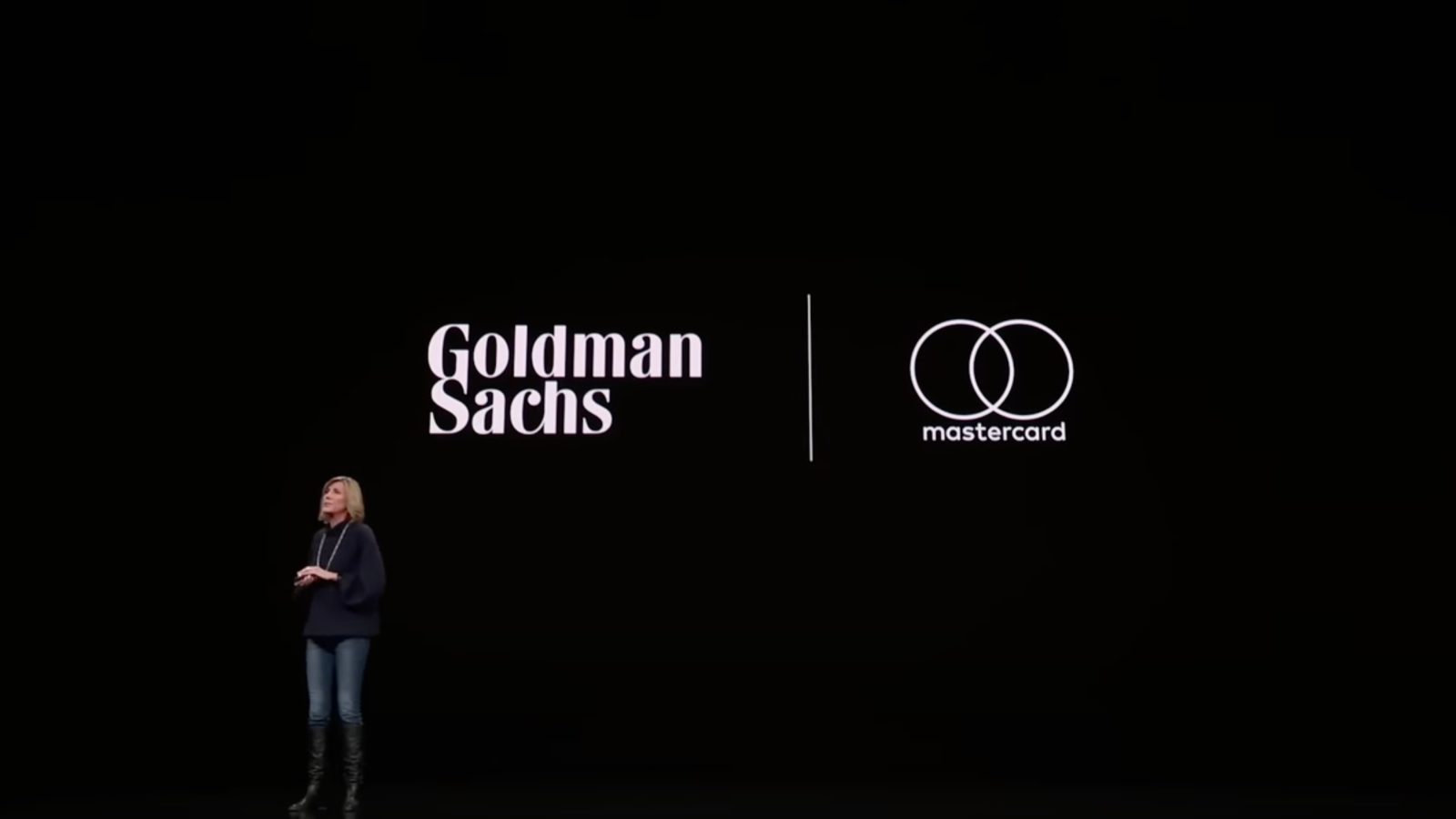
Apple and Goldman Sachs have officially been hit with over $89 million in fines due to “Apple Card failures.” The Consumer Financial Protection Bureau announced the ruling today after a multi-year probe into Apple Card.
While it was initially believed that Goldman Sachs would be the one on the hook for these fines, it turns out that Apple itself will also have to pay up.
The CFPB says the fines breakdown as follows:
- Goldman Sachs will pay at least $19.8 million in redress
- Goldman Sachs will pay a $45 million civil money penalty
- Apple will pay a $25 million civil money penalty
The CFPB is also “banning Goldman Sachs from launching a new credit card unless it can provide a credible plan that the product will actually comply with the law.” As Goldman Sachs looks to exit the consumer credit card business altogether, this is likely music to the company’s ears.
Through its multi-year investigation, the CFPB found multiple failure points for Apple Card.
First, Apple failed to send “tens of thousands of consumer disputes” to Goldman Sachs. And when those disputes were sent to Goldman Sachs, the bank “did not follow numerous federal requirements for investigating the disputes.”
The CFPB says that Apple and Goldman launched Apple Card “despite third-party warnings to Goldman that the Apple Card disputes system was not ready due to technological issues.”
The failures around disputes and chargebacks meant that “consumers faced long waits to get money back for disputed charges, and some had incorrect negative information added to their credit reports.”
Second, the CFPB found that Apple and Goldman Sachs “misled consumers about interest-free payment plans for Apple devices.”
Many customers thought they would automatically get interest-free monthly payments when buying Apple devices with their Apple Card. Instead, they were charged interest. In some cases, Apple did not even show the interest-free payment option on its website on certain browsers. Goldman Sachs also misled consumers about the application of some refunds, which led to consumers paying additional interest charges.
Goldman Sachs is also accused of “misleading cardholders about refunds,” leading to customers paying additional and unexpected interest:
Cardholders with an Apple Card Monthly Installments plan essentially had two card balances – the plan balance and their interest-bearing revolving balance. For more than 10,000 cardholders, Goldman Sachs misled consumers about how it would apply certain refunds between the two balances. Contrary to Goldman’s representations, portions of refunds for unrelated purchases were applied to the interest-free plan balance instead of the interest-bearing revolving balance. As a result, consumers incurred additional and unexpected interest expenses.
You can read the full ruling from the Consumer Financial Protection Bureau on the agency’s website.
The ruling from the CFPB comes as Goldman’s losses from its consumer business continue to mount, recently surpassing $6 billion. As such, Goldman is working to exit its partnership with Apple altogether. Talks between Apple and JPMorgan Chase are said to have started earlier this year, but there’s no timeline on when a deal will be finalized.
Follow Chance: Threads, Twitter, Instagram, and Mastodon.
FTC: We use income earning auto affiliate links. More.



![Security Bite: Mosyle identifies new malware loaders written in unconventional languages [Exclusive]](https://techtelegraph.co.uk/wp-content/uploads/2024/03/Security-Bite-FI-1-218x150.png)
